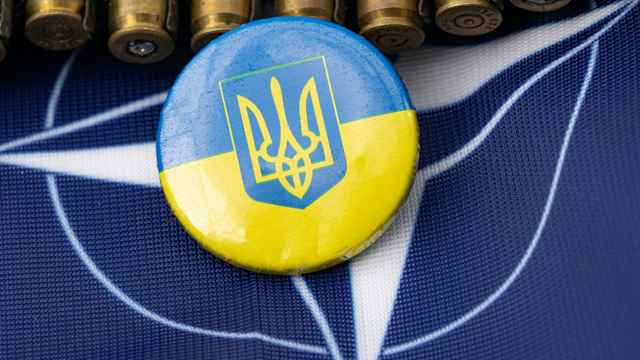
Treaty jokes
Know the nuclear bombs of the world.
🇷🇺🧨 a “bad” bomb
🇨🇳🧨 “ww3”
🇬🇧🧨 a “good” bomb
🇺🇸🧨 Japanese area testing
🇮🇱🧨 what bomb
🇮🇷🧨 just self defence
Once upon a time, there were three kingdoms, all bordering on the same lake. For centuries, these kingdoms had fought over an island in the middle of that lake. One day, they decided to have it out, once and for all.
The first kingdom was quite rich and sent an army of 25 knights, each with three squires. The night before the battle, the knights jousted and cavorted as their squires polished armor, cooked food, and sharpened weapons. The second kingdom was not so wealthy and sent only 10 knights, each with two squires. The night before the battle, the knights cavorted and sharpened their weapons as the squires polished armor and prepared dinner. The third kingdom was very poor and only sent one elderly knight with his sole squire. The night before the battle, the knight sharpened his weapon, while the squire, using a looped rope, slung a pot high over the fire to cook while he prepared the knight’s armor.
The next day, the battle began. All the knights of the first two kingdoms had cavorted a bit too much (one should never cavort while sharpening weapons and jousting) and could not fight. The squire of the third kingdom could not rouse the elderly knight in time for combat. So, in the absence of the knights, the squires fought.
The battle raged well into the late hours, but when the dust finally settled, a solitary figure limped from the carnage. The lone squire from the third kingdom dragged himself away, beaten, bloodied, but victorious.
And it just goes to prove, the squire of the high pot and noose is equal to the sum of the squires of the other two sides.
For centuries, Japan’s feudal dictators, called Shoguns, enforced strict laws that kept people from leaving or entering the country. This practice isolated Japan from the rest of the world. By the middle of the 19th century, Japan’s isolationism was creating problems for the United States’ whaling industry whose ships needed coal, food, and water available in Japanese ports. And sailors who were shipwrecked on the coast of Japan needed protection from mistreatment.
In November 1852, President Millard Fillmore sent an expedition to Japan to solve these problems. Led by Commodore Matthew C. Perry, the expedition had both steam-powered and sail-powered warships and several hundred men. Perry’s task was to persuade the Japanese to sign a treaty with the United States that would open Japanese ports and protect shipwrecked sailors. On July 8, 1853, the Perry expedition sailed into Edo Bay about thirty miles from the city of Edo (modern Tokyo).
During talks with the Shogun’s representatives, the idea of a treaty was repeatedly rejected. But Perry didn’t give up. Finally, in February 1854, the Japanese agreed to negotiate a treaty. The Treaty of Kanagawa established peace between the two countries, opened two ports to U.S. shipping, and protected shipwrecked sailors. It was signed on March 31, 1854.
Perry’s expedition also opened Japan to the rest of the world. Within two years, Japan signed similar treaties with Russia, Holland, and Britain.
Community
GENESIS 26 Isaac and Abimelek 1Now there was a famine in the land—besides the previous famine in Abraham’s time—and Isaac went to Abimelek king of the Philistines in Gerar. 2The Lord appeared to Isaac and said, “Do not go down to Egypt; live in the land where I tell you to live. 3Stay in this land for a while, and I will be with you and will bless you. For to you and your descendants I will give all these lands and w… Read more
GENESIS 21 The Birth of Isaac 1Now the Lord was gracious to Sarah as he had said, and the Lord did for Sarah what he had promised. 2Sarah became pregnant and bore a son to Abraham in his old age, at the very time God had promised him. 3Abraham gave the name Isaac to the son Sarah bore him. 4When his son Isaac was eight days old, Abraham circumcised him, as God commanded him. 5Abraham was a hundred years old when his … Read more